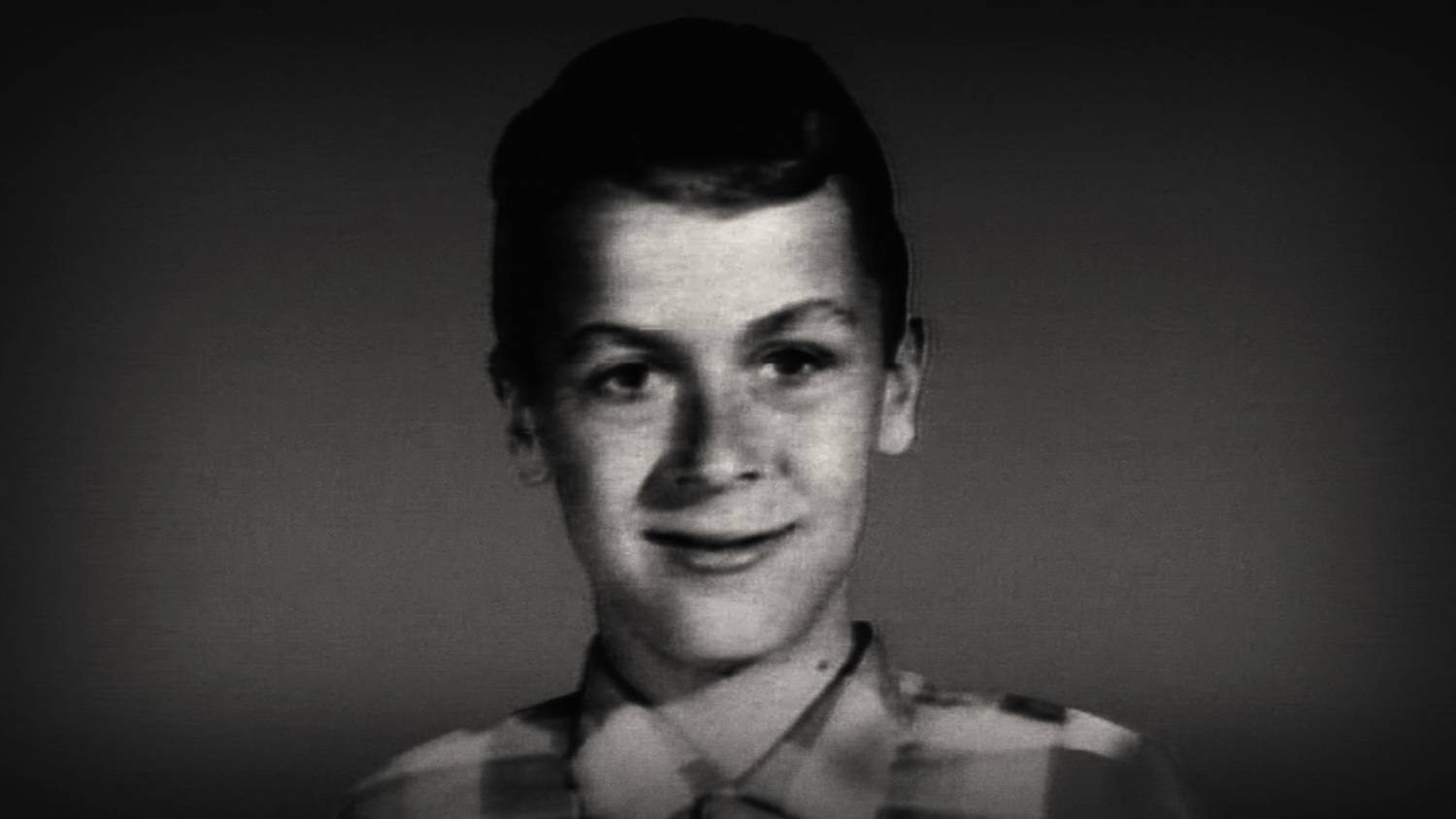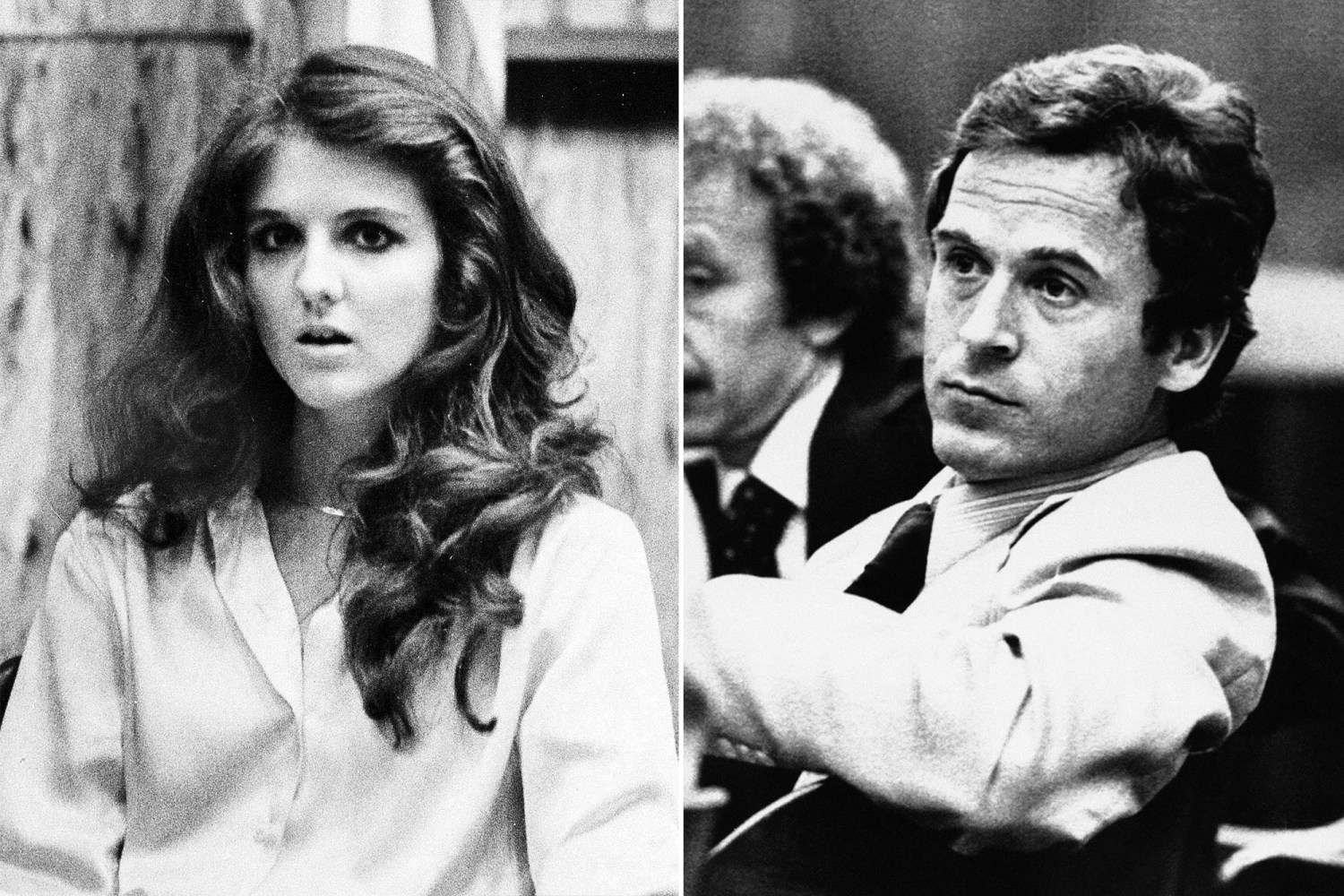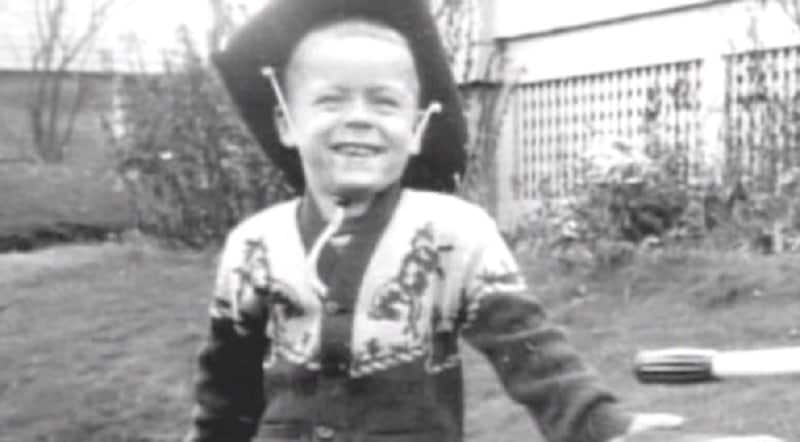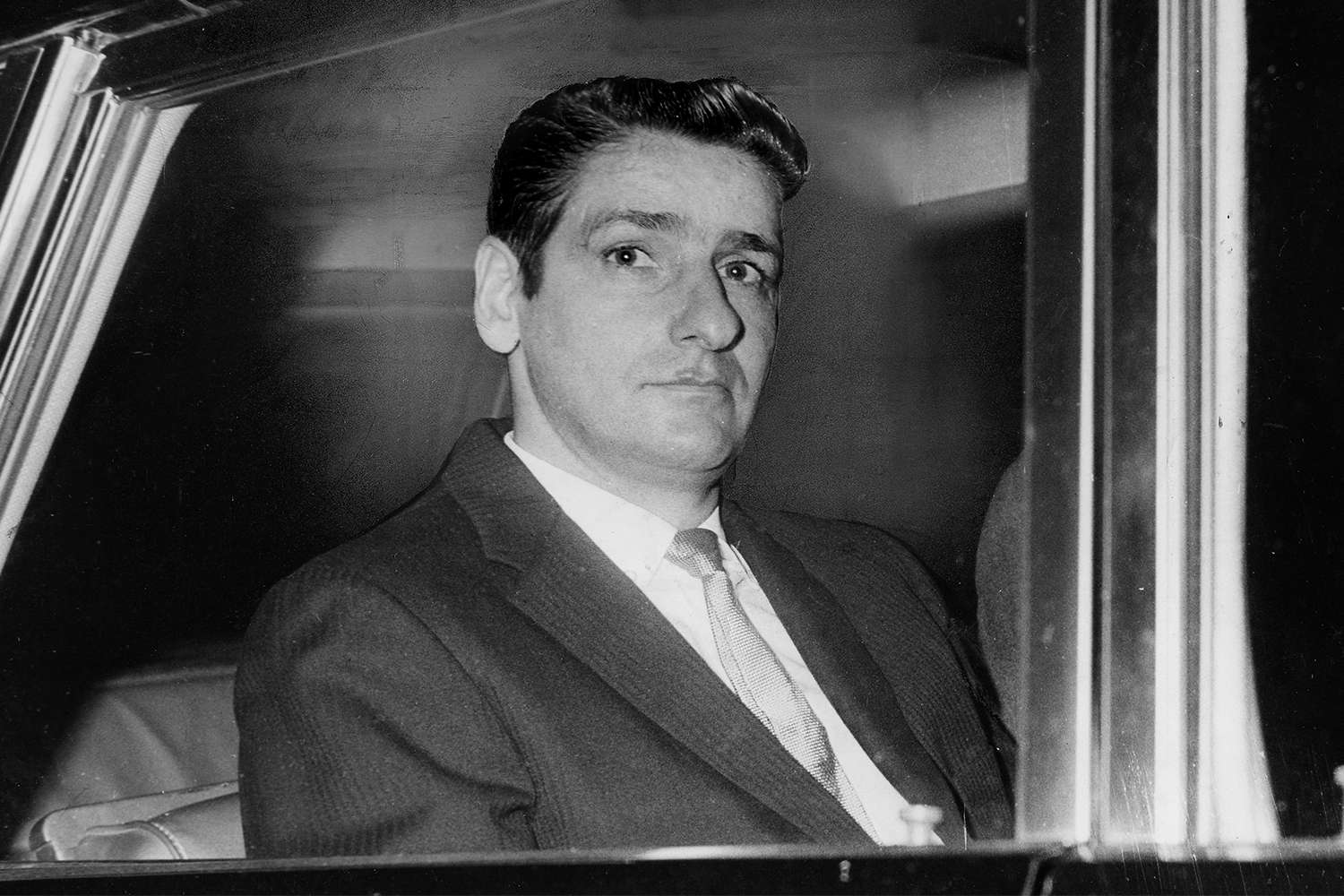Ted Bundy's childhood may be the reason behind his killing spree. Among other things, Ted Bundy's childhood was filled with continued rejection and domestic violence.
Ted Bundy showed a withdrawn and immature personality, with little social contact since he was little. He also showed symptoms of what today would be considered a dissocial disorder, manifesting cruel behavior. He entertained himself by capturing, killing, mutilating, and butchering animals.
The death in the electric chair of Ted Bundy three decades ago did not extinguish the lewd interest that his figure aroused. He certainly is the most mediatic serial killer of all time.
With more than thirty female corpses and an improbable idyll with TV cameras behind him, Bundy's death did not provide answers to questions yet to be asked. Why the hell did he unleash that rain of blood?
There was a curiosity to find the keys to his gloomy pathology, to reveal the origins of the murderer. Most psychologists and criminologists agree that it all started with Ted Bundy's childhood.
Ted Bundy's Childhood: Growing Up With Lies And Double Standards

On November 24, 1946, one of the serial killers who would have the greatest impact on modern American society, Ted Bundy, was born in Vermont (USA). His specialty: brutally sodomizing and murdering college girls.
The journalistic investigations concluded that Bundy had shown the first signs of a disturbance at an early age.
He was only three years old when he took all the knives from the kitchen and placed them around an aunt taking a nap. The woman woke up from her nap and found the steel blades pointed at her and Ted smiling tenderly at her.
The roots of Bundy's disorder were therefore anchored in his earliest childhood. Born in 1946, Ted was an illegitimate child. Louise, his mother, became pregnant in her teens by a man she never heard from again. His family, living in Philadelphia, tried to hide the disgrace at all costs.
Ted grew up thinking that his grandparents were his parents and Louise was his older sister.
Paradoxical moral protection took place inside the false home. His grandfather was a violent man, fond of pornography and human and animal abuse. And these were attitudes that he did not hide from the eyes of his son/grandson.
Ted Bundy's childhood left him with deep-rooted traumas, triggering his personality disorders.
Ted Bundy's Childhood In A Disturbing Household

Ted Bundy's childhood was marked by suspecting that a shameful secret was being kept from him. Those misgivings would be accentuated when Louise, fed up with her father's mistreatment, decided to leave home and take Ted with her. They moved to Washington State.
Louise fell in love with a hospital cook named John Culpepper Bundy. He gave Ted his infamous last name, although the little boy always despised him.
Ted was a young man emotionally disconnected from his environment, both at home and school. He was shy, introverted, and stuttering, but at the same time narcissistic and egotistical. He considered himself above the law, and at the age of 15, he was already a consummate criminal versed in the evil arts of theft.
Research on Ted Bundy's childhood shows that he was an unusual child. However, his gloomy and reserved character did not influence his academic performance. He graduated with a B and entered the University of Puget Sound (Washington).
Ted Bundy's Childhood And The First Glimpses Of Violence

One interviewer asked about Ted Bundy's childhood. He said he had vague memories of this stage of his life, although he described some truly disturbing scenes.
His relationship with his parents was rather distant. Ted Bundy did not understand interpersonal relationships, nor how one person could wish to maintain a friendship with another.
During Ted Bundy's childhood, he became utterly lonely and wandered around the city looking for magazines to entertain himself. During Ted Bundy's childhood, the main occupation was to find photographs of naked women.
Crime documentaries, especially those with violent sexual content, were particularly interesting. The constant search for explicit and violent content was mixed with alcohol consumption. Afterward, he would go out on the prowl through the streets aimlessly.
Ted Bundy's Childhood: Animal Mutilations

Two factors were vital in Ted Bundy's childhood. Social isolation and intense resentment towards his mother for the family scam he was subjected to for years. That needed to be externalized somehow, and the violent content that he consumed was not enough.
This led him to vent his anger by killing and maiming animals.
These aggressive tendencies towards animals during Ted Bundy's childhood were a clear indicator that he was a ticking time bomb. This aspect was not known until his interviews with psychologists during his time in prison.
Revenge Against The Female Gender

In college, Ted met Stephanie Brooks, his first love. She was a beautiful girl, wore long hair parted in the middle, a pattern that he would later obsessively look for in his victims.
Ted was deeply in love, but she viewed their courtship as a simple youthful affair. The relationship lasted a year. Stephanie got out of school and ended the relationship before returning home to San Francisco.
The breakup was devastating for Ted, who decided to drop out of his career to confront other concerns. Heartbroken, he mustered enough courage to return to the east. He decided to check public records that might shed light on his mysterious origin.
It wasn't hard for him to realize what he had always suspected. Louise, his presumed sister, was the one who had given birth to him. With the wound of his sentimental failure still to heal, Ted now discovered the betrayal of his mother.
So, he felt that women had ruined his life and resolved to take revenge on the female gender.
At first, this turning point seemed to influence Ted positively. He returned to Washington and completed his studies in Psychology at Seattle University. He reinvented himself in alliance with the anonymity that the big city offered him.
Stuttering gave way to outstanding rhetorical and persuasive skills. His shyness gave way to confidence. Suddenly, Ted Bundy was cool.
It was around this time that Ted began to be active in politics. He became a young bulwark in the ranks of the Republican Party. He worked on the campaign for the re-election of Governor Daniel J. Evans in 1968.
The metamorphosis that had taken place in Ted brought him back into the favor of Stephanie Brooks. He met her again during a business trip to San Francisco. The new Bundy exuded security and confidence. He was irresistible. He proposed to Stephanie, and she immediately accepted.
Two weeks later, Ted broke off the engagement. Then, he punished his first victim.
Making Of A Serial Killer

That was the beginning of an empire of terror that would span five years, from 1974 to 1978. The exact number of women who died at the hands of Bundy has never been determined. He confessed around thirty, but the direst calculations dare to speak of a hundred murders.
Lost in this speculation, several years and too many deaths later, Ted Bundy waited to be executed in his cell in Florida.
The day before the appointed date, Bundy gave a final interview. He talked to James Dobson, an evangelical psychologist and head of Focus on the Family.
Bundy, who had already confessed to his crimes, recognized that he deserved to be punished. He admitted that he did not understand how his death could repair what he had destroyed.
And while he took responsibility for his actions, a tearful Bundy engaged in an erratic condemnation of pornography and alcohol. He said that they were the fuel for his outrages. Dobson finally asked him about his feelings after committing his first murder. Bundy replied,
"It was like coming out of a terrible trance or nightmare. As if I had been possessed by something horrible and alien. Waking up the next morning and remembering it, I realized that I was guilty in the eyes of God. I was horrified that I had been able to do something like that."



